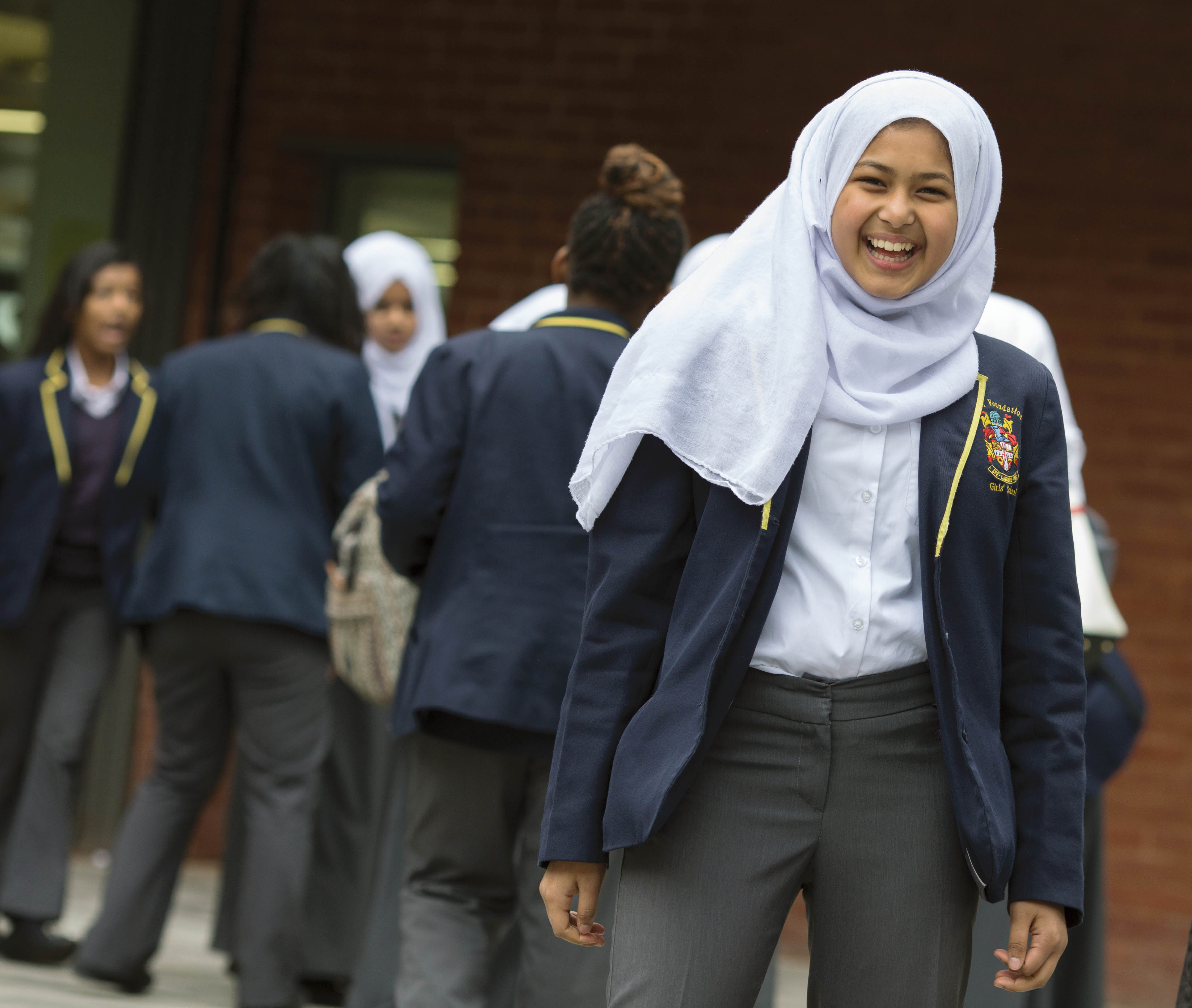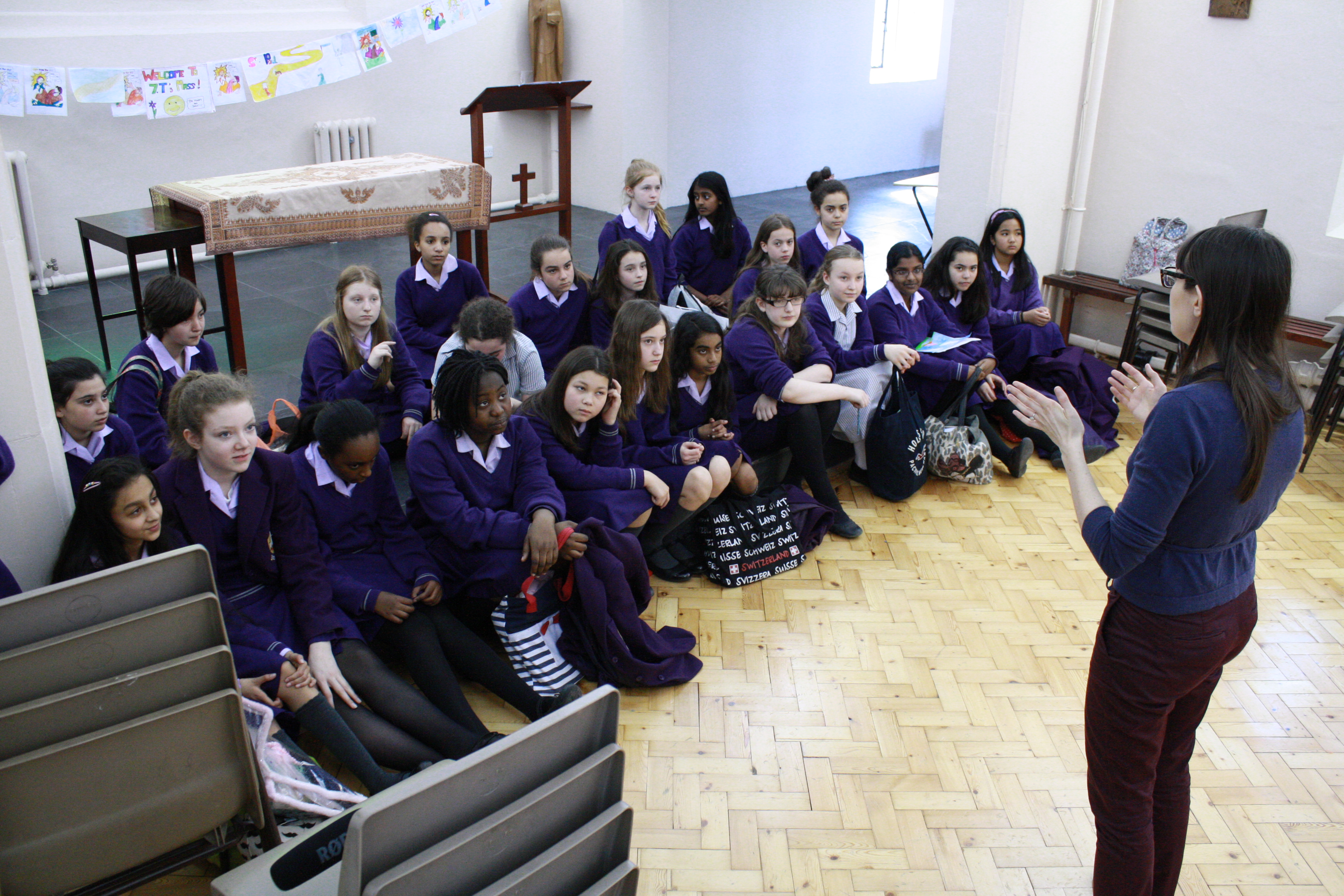The Critical Connections Project, initiated in 2012 with funding from the Paul Hamlyn Foundation, is about enabling young people across the primary and secondary age range to create and share multilingual digital stories. It offers an approach to language learning, literacy and citizenship which recognises that communication is enhanced when plurilingual and digital resources are drawn upon purposefully and creatively. Consistent with Project Based Language Learning (PBLL), the value of a wider cross-curricular orientation, particularly in relation to the arts (drama, music, visual art) is also viewed as highly significant.
An introduction to the Critical Connections project that was created by film and media students (16-18 year olds) at Elstree UTC during the second phase of the project.
The project has brought together students and teachers of Languages (foreign, community/heritage, English as an Additional Language, English mother tongue) in mainstream and complementary schools in 15 countries (Algeria, Australia, Cyprus, Egypt, England, Germany, India, Italy, Luxembourg, Malaysia, Palestine, Switzerland, Taiwan, Turkey, United States) with researchers at Goldsmiths, University of London. Each year students have created digital stories in bi-/multi-lingual version which have been shared both online and at film award events at Goldsmiths and at the British Film Institute and Deptford Cinema, important collaborators on the project.
Although broad themes have been established each year as an overall focus (Inside Out, Journeys, Fairness, Belonging, Folk Tales, Our Planet), ideas for stories have been negotiated with students themselves drawing on their lifeworlds and interests and developing their sense of agency. This has led to work across a range of genres (drama, fantasy, science fiction, traditional tales, documentary) and drawing on digital media in various ways (still and moving images, stop animation, green screen). An archive of digital stories produced through the project so far can be found under Film Awards and these represent a valuable teaching resource in themselves, but also provide useful models for teachers wishing to undertake multilingual digital storytelling work with their classes. A representative sample of multilingual digital stories generated by the project as well as other short articles can be accessed through the project Blog. We welcome contributions to this blog and are keen to learn from the experience of others as well as sharing our own work.
Ongoing research into process and outcomes from the project has been reported on in a book, published in 2016, as well as in various articles and book chapters. Further information on these can be found under Research. All this work has relied on ongoing collaboration between between teachers and researchers and this has also led to the creation of a practical Handbook for Teachers supported by various other professional development resources.Interest in the project has continued to grow and it has recently received recognition and support through the Language Acts and Worldmaking Project (King’s College, London) and Public Engagement Funding from Goldsmiths as well as being hosted in the Centre for Language, Culture and Learning at Goldsmiths.
A key partner in the project has been the National Resource Centre for Supplementary Education (NRCSE) and we have worked closely in the dissemination of our work to a range of schools operating in this sector through practical workshops and sharing of resources. Another key partner on the project has been the British Film Institute and BFI film educators have created filmmaking resources for the project. We have also established positive partnerships with the British Museum and the Museum of London which has enabled us to explore how interactions with museum artefacts can provide a valuable stimulus for translingual-transcultural learning and for storytelling.
MDST Film Sample Play List
The selection includes multilingual digital stories (Arabic, Chinese, Croatian, English, French, Greek, Spanish) created by primary and secondary students in complementary and mainstream schools in the UK and overseas in Cyprus and Taiwan.
































































